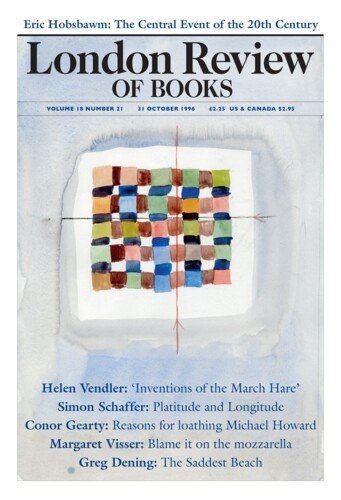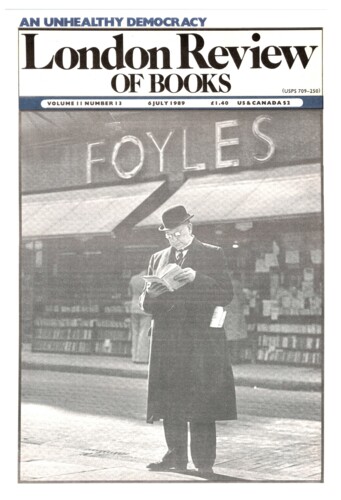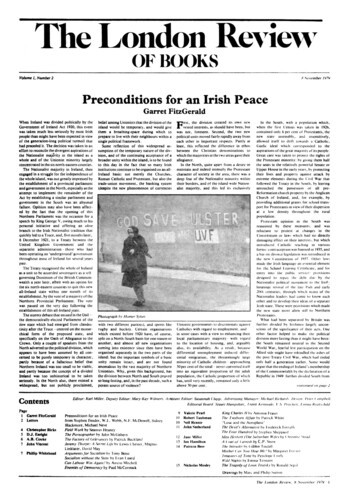Neil Rennie
Neil Rennie spent most of his childhood in the Pacific Islands, the setting of a work in progress, entitled ‘The Cargo’, of which the present poem forms the first part. He now studies in London.
Poem: ‘Now read on’
Neil Rennie, 21 March 1991
Underneath a Mazda bulb sits Coconut Joe, head buried in Tracy chez les coupeurs de têtes, having an idea, brilliantly seeing why the quonset huts where Tracy sang went slowly down, gurgling, off Million Dollar Point: ‘Joe, Joe, Coconut Joe, walks around like an NCO.’
Fine Women
Neil Rennie, 6 July 1989
In the 1760s the greatest gap in Western knowledge of the world – the Pacific – was plugged, in theory, by the great southern continent of Terra Australis, awaiting its Columbus. Within a few decades this continent had been exploded, mostly by its anti-Columbus, James Cook, and crumbled into a multitude of islands in a vast ocean, mapped, measured and ready for invasion by beachcombers, traders, whalers, missionaries, colonial administrators and, in their wake, historians. The voyagers, equipped with scientists and artists, had replaced a fictional continent with factual islands – a triumph of empiricism in preparation for a triumph of empire, apparently, but then the voyagers who had demolished Terra Australis had discovered Tahiti, an idea as well as an island, a ‘paradise’ found and then lost.’
Poem: ‘Love and the Aeroplane’
Neil Rennie, 8 November 1979
A Tropical Voyage Trade mirrors for the chiefs’ faces, combs and soap are piled on deck. In two lines of sailor hats, the boatboys sing a native song to Ideal milk and bully-beef in shining tins, while underneath the launch the waves change places in a series, each with another one the same.
Tess Trueheart with Tracy in a Plantation At a number of points across the slanted lines of...
Pieces about Neil Rennie in the LRB
Where am I?
Greg Dening, 31 October 1996
There has never been a ‘Pacificism’ to go with Orientalism, the South Seas having always seemed more luscious than mysterious. The obligations felt by the ‘civilised’ to...
Other Poems and Other Poets
Donald Davie, 20 September 1984
Landor wrote: ‘Many, although they believe they discover in a contemporary the qualities which elevate him above the rest, yet hesitate to acknowledge it; part, because they are fearful of...
Read anywhere with the London Review of Books app, available now from the App Store for Apple devices, Google Play for Android devices and Amazon for your Kindle Fire.
Sign up to our newsletter
For highlights from the latest issue, our archive and the blog, as well as news, events and exclusive promotions.




